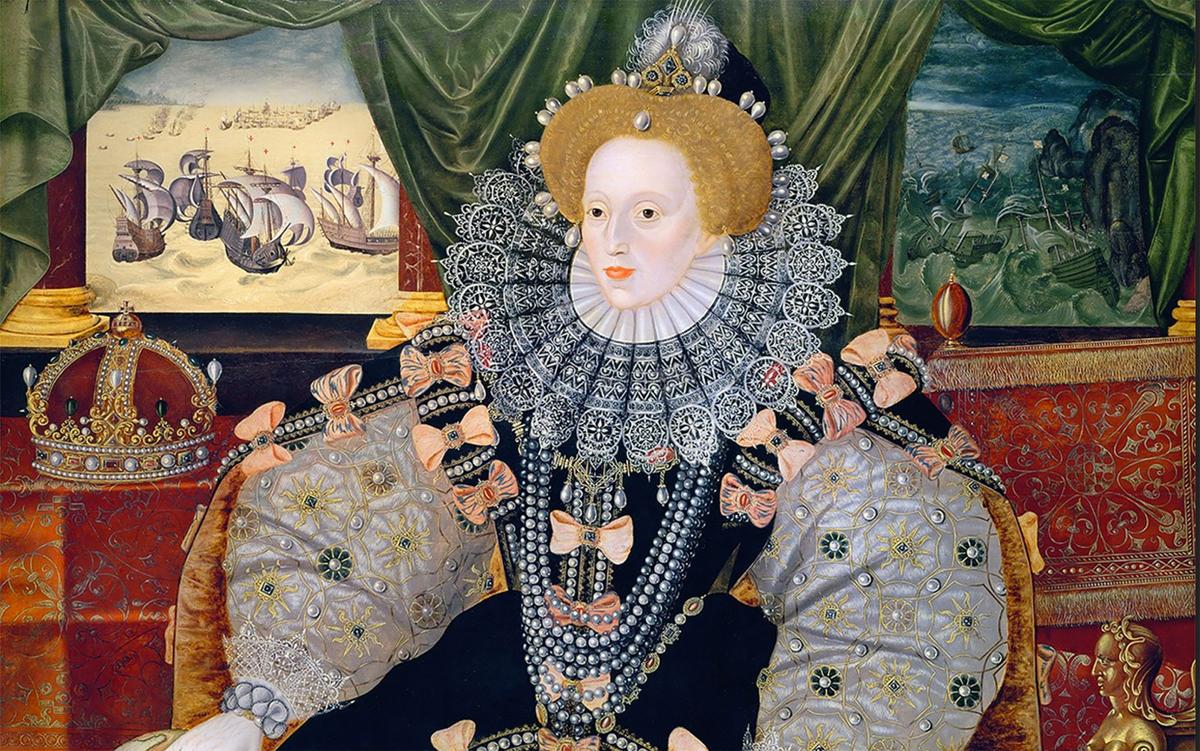Core Concepts
The author explores the essence of genius through personal experiences and historical figures, emphasizing the complex nature of exceptional human accomplishment.
Abstract
The author, a professor at Yale University, shares insights from teaching a course on genius. Reflecting on personal aspirations to be a concert pianist and transitioning to academia, he delves into the lives of Mozart, Leonardo da Vinci, and Queen Elizabeth I to unravel the hidden habits of genius. The content navigates through gender biases in appreciating genius, cultural perspectives on individual brilliance, and societal impacts of geniuses throughout history. It concludes with a contemplative view on the complexities and sacrifices associated with being a genius.
What can we learn from the secret habits of genius? | Aeon Essays
Stats
By the age of 21, engaged in 15,000 hours of focused practice.
Mozart needed only 6,000 hours to reach master-composer level.
Beinecke Rare Book and Manuscript Library at Yale owns copies of every history written about Queen Elizabeth I's reign.
The ratio of male-female enrollment in the genius course at Yale skews about 60/40.
Stephen Hawking didn't read until he was eight years old.
Quotes
"Genius is not an absolute but a human construct that’s dependent on time, place and culture."
"Acts of genius are usually attended by acts of destruction; that’s generally called progress."
"Many great minds are not-so-great human beings."
Key Insights Distilled From
by at aeon.co 02-21-2024
https://aeon.co/essays/what-can-we-learn-from-the-secret-habits-of-genius
Deeper Inquiries
What societal factors contribute to gender biases in appreciating genius?
Gender biases in appreciating genius can be attributed to various societal factors. Historically, the portrayal of geniuses has often been skewed towards male figures, perpetuating the stereotype that brilliance is primarily a masculine trait. This bias is reinforced by the lack of representation of female geniuses in mainstream narratives and historical accounts. Additionally, traditional markers of genius such as groundbreaking inventions or artistic masterpieces have been predominantly associated with men, further marginalizing the recognition of female achievements.
Moreover, societal expectations and norms play a significant role in shaping perceptions of genius based on gender. Women are often discouraged from pursuing fields traditionally linked to intellectual prowess or creative excellence, leading to fewer opportunities for them to showcase their talents and be acknowledged as geniuses. The emphasis on competition and individual exceptionalism in defining genius also tends to favor traits typically associated with masculinity, creating barriers for women who may exhibit different forms of brilliance.
Furthermore, the absence of female mentors and role models in academic and professional settings contributes to a lack of visibility for women's accomplishments in various domains. This dearth of representation reinforces stereotypes about innate differences between male and female capabilities, influencing how society perceives and values genius based on gender.
Is there a correlation between cultural backgrounds and perceptions of individual brilliance?
Cultural backgrounds significantly influence perceptions of individual brilliance due to varying value systems, beliefs, and definitions of success across different societies. In some cultures, collective achievement is prioritized over individual accomplishment, leading to a broader understanding of genius that encompasses contributions made within community contexts rather than solely focusing on personal achievements.
Moreover, cultural diversity shapes perspectives on creativity, intelligence, and innovation by emphasizing distinct qualities or skills deemed valuable within specific cultural frameworks. For example:
Some cultures may place greater importance on practical skills or craftsmanship rather than abstract thinking or theoretical knowledge when evaluating intellectual abilities.
Certain societies value humility and modesty over self-promotion or assertiveness commonly associated with Western notions of genius.
Cultural attitudes towards risk-taking behavior or unconventional ideas can impact how individuals are perceived as brilliant innovators within their communities.
Additionally,
cultural heritage influences interpretations
of historical figures considered geniuses,
shaping narratives around their achievements
and legacy based on prevailing cultural norms
and values.
How can we redefine success beyond traditional markers like IQ or academic achievements?
Redefining success beyond conventional indicators such as IQ scores or academic accomplishments involves recognizing diverse forms
of excellence that extend beyond standardized measures.
To broaden our definition
of success,
we should consider embracing
the following approaches:
Emphasizing Emotional Intelligence: Success can be redefined by valuing emotional intelligence,
interpersonal skills,
and empathy alongside cognitive abilities.
Individuals who demonstrate strong emotional awareness
and social competence contribute positively
to personal relationships
2Fostering Creativity: Encouraging creativity
as an essential component
of success promotes innovative thinking,
problem-solving ability,
and originality across various fields.
3Promoting Lifelong Learning: Success should encompass continuous growth,
learning new skills,
and adapting
to changing environments throughout one's life journey.
4Recognizing Diverse Forms
of Achievement: Broadening our perspective
on success means acknowledging diverse paths
to fulfillment,
including artistic expression,
community service,
entrepreneurial ventures,
or other non-traditional avenues
5Valuing Well-being
over External Validation:
Success could be redefined
by prioritizing mental health,
work-life balance,
self-care practices,
and overall well-being
By shifting away from narrow definitions
based solely on measurable outcomes,
we create space for individuals
to pursue fulfilling lives aligned with their values
0
